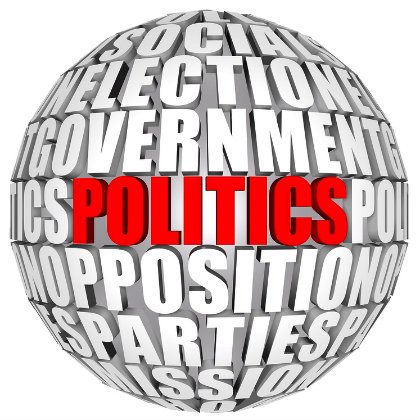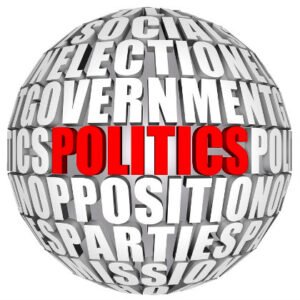

The Impact of Social Media on Modern Politics; https://chat.whatsapp.com/HPfqFbuSt7fA2MVV742k2V
Social media has completely changed the way politics works. From election campaigns to everyday political discussions, platforms like Twitter, Facebook, and TikTok have given politicians and the public direct access to each other like never before. While this shift has made politics more engaging and accessible, it has also introduced new challenges, including misinformation and political polarization.
How Social Media Has Changed Political Engagement
Before social media, people relied on newspapers, television, and radio for political news. Now, millions of people get their information directly from social media platforms. This change has made it easier for politicians to connect with voters and for citizens to participate in discussions. Here’s how:
Direct Communication – Politicians no longer need traditional media to reach the public. They can post updates, share opinions, and respond to issues in real time.
-Voter Mobilization– Social media has become a powerful tool for organizing rallies, encouraging voter registration, and spreading campaign messages.
-Increased Political Awareness – More people are exposed to political news and debates, making it easier for them to stay informed and engaged.
The Role of Social Media in Elections
Social media plays a crucial role in modern elections. Candidates use platforms to share their policies, connect with supporters, and even fundraise. Viral moments—whether they help or hurt a campaign—can influence public opinion instantly.
However, social media also introduces new challenges, such as:
Misinformation and Fake News– False or misleading information spreads quickly, sometimes shaping public opinion before fact-checkers can respond.
-Echo Chambers and Polarization – Social media algorithms often show users content that aligns with their beliefs, reinforcing divisions and making political compromise harder.
-Foreign Interference– There have been concerns about foreign governments using social media to influence elections through propaganda and disinformation campaigns.
The Double-Edged Sword of Political Activism Online
Social media has empowered grassroots movements and given a voice to marginalized communities. Hashtags like BlackLivesMatter and #MeToo have sparked global conversations and led to real-world political action. However, online activism also comes with risks, including cancel culture, online harassment, and the spread of misleading narratives.
The Future of Social Media in Politics
As social media continues to evolve, so will its impact on politics. Governments and tech companies are now working on ways to regulate misinformation, improve transparency in political ads, and reduce online hate speech. However, the challenge is finding a balance between regulation and free speech.
In the coming years, social media will likely remain a powerful political tool. The key for both politicians and voters is to use it responsibly—fact-checking information, engaging in meaningful discussions, and being aware of how algorithms shape our views.
What do you think? Has social media improved or harmed modern politics? Let’s discuss in the comments and please share on every social media platforms thank you
JUSTMAnewshub:




